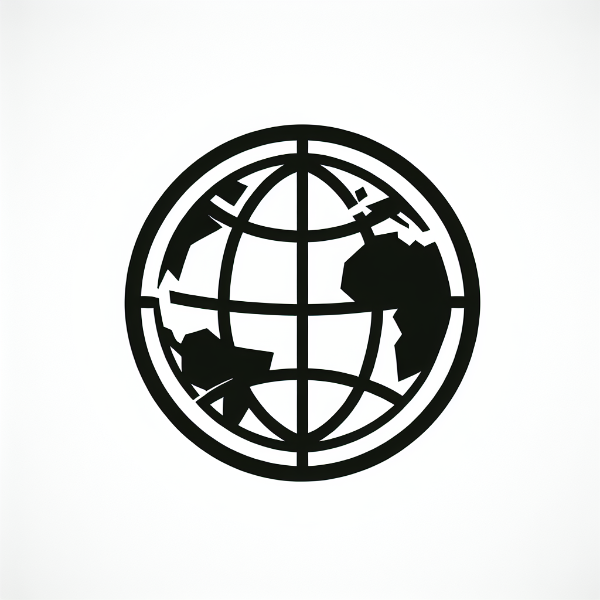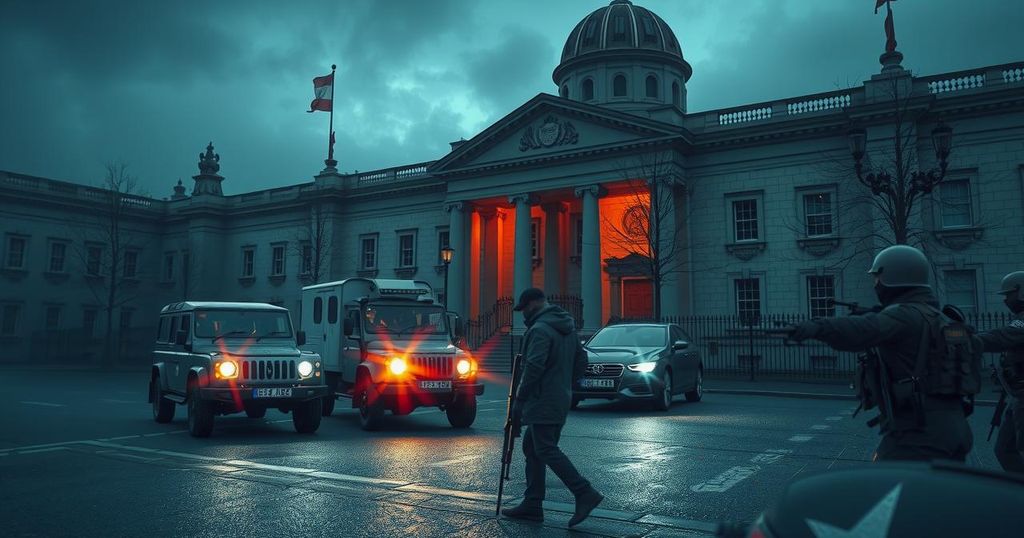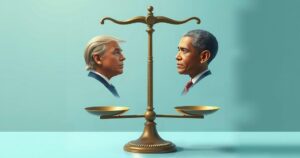Legge marziale in Corea del Sud: Cosa succede ora?
Martial law in South Korea has raised numerous questions following President Yoon Suk Yeol’s unprecedented declaration on Tuesday night. Outlining alleged threats from anti-state forces and North Korea, the declaration sent shockwaves through the nation. In a dramatic response, citizens and lawmakers swiftly initiated counteraction, leading to the public’s significant resistance against this controversial political move. Lawmakers swiftly gathered at parliament to vote against the decree, resulting in what many are now stating as a critical moment in South Korea’s political history.
An Unexpected Declaration Shakes the Nation
Martial law in South Korea has not been seen for a long time, and President Yoon Suk Yeol’s recent declaration came as quite a shock to many. It was a late Tuesday night when the nation learned about this drastic measure – the first since the country shifted to a democracy nearly five decades ago. Indeed, the move has raised eyebrows not only due to the timing but also because of the underlying political motives behind it, which appear to be more about domestic strife than any external threats, particularly from North Korea as the president claimed.
Political Survival Over Genuine Threats?
Yoon’s rhetoric during his late-night address makes it clear he believes there are threats from what he called “anti-state forces.” However, observers and analysts speculate this declaration was more about his own political survival amid mounting challenges rather than an actual emergency. The president illustrated his concerns about political opponents undermining his government, but paradoxically, he conjured images reminiscent of oppressive regimes, deploying the military and police to the National Assembly to crush dissent.
Public Outrage and Political Pushback
As protests erupted outside parliament, thousands gathered to voice their opposition to the martial law decree. Opposition lawmakers rushed to the scene, determined to hold an emergency vote to annul the order. Their swift actions resulted in a vote that ultimately overturned Yoon’s declaration, rendering it invalid just hours after it was made. This scene of protest symbolizes a collective resolve from civic leaders and citizens who see martial law as a step too far in the country’s democratic landscape.
Legal Challenges and Political Miscalculations
The legality of Yoon’s martial law declaration has been heavily criticized by various political factions, with claims that it breaches constitutional norms. Even members of Yoon’s own party voiced strong opposition, calling the announcement a mistake. The overall atmosphere in parliament turned tense as they dealt with the implications of Yoon’s bold move, and despite military presence and restrictions on free assembly, lawmakers managed to navigate the barriers to vote and ultimately oppose the president’s actions directly.
Impeachment Moves and Future Implications
Looking forward, the opposition Democratic Party has initiated efforts to impeach President Yoon. This process, while straightforward in procedural terms, will require a significant majority in the National Assembly to succeed. Should they secure the necessary votes to move forward, a trial ensues in the Constitutional Court. The current configuration of parliament suggests a challenging road ahead for Yoon, particularly given the swift backlash from his own party and the public’s discontent towards his expressed governance style, which many view as an overreach.
Why did President Yoon declare martial law?
President Yoon declared martial law to address ‘anti-state forces’ and purported threats from North Korea. However, many believe the motivations were based in his domestic political troubles.
When was martial law last declared in South Korea?
The last martial law in South Korea was invoked in 1979 during a coup. Since becoming a parliamentary democracy in 1987, it has never been applied until now.
What are the legal implications of Yoon’s declaration?
There are claims of illegal and unconstitutional action surrounding Yoon’s declaration. His own party leader even criticized the move as the wrong decision.
Has a South Korean president been impeached before?
Yes, if the impeachment succeeds, this would not be unprecedented in South Korea’s political history. Previous presidents like Park Geun-hye and Roh Moo-hyun faced impeachment processes.
What could be the long-term impact of this declaration?
The political landscape could shift significantly, as Yoon’s actions and the resulting unrest may strain South Korea’s reputation as a democratic state. Experts indicate this could create long-term ramifications for governance.




